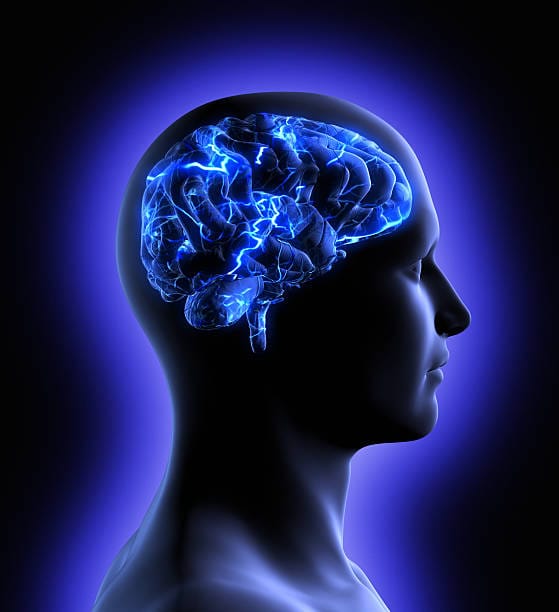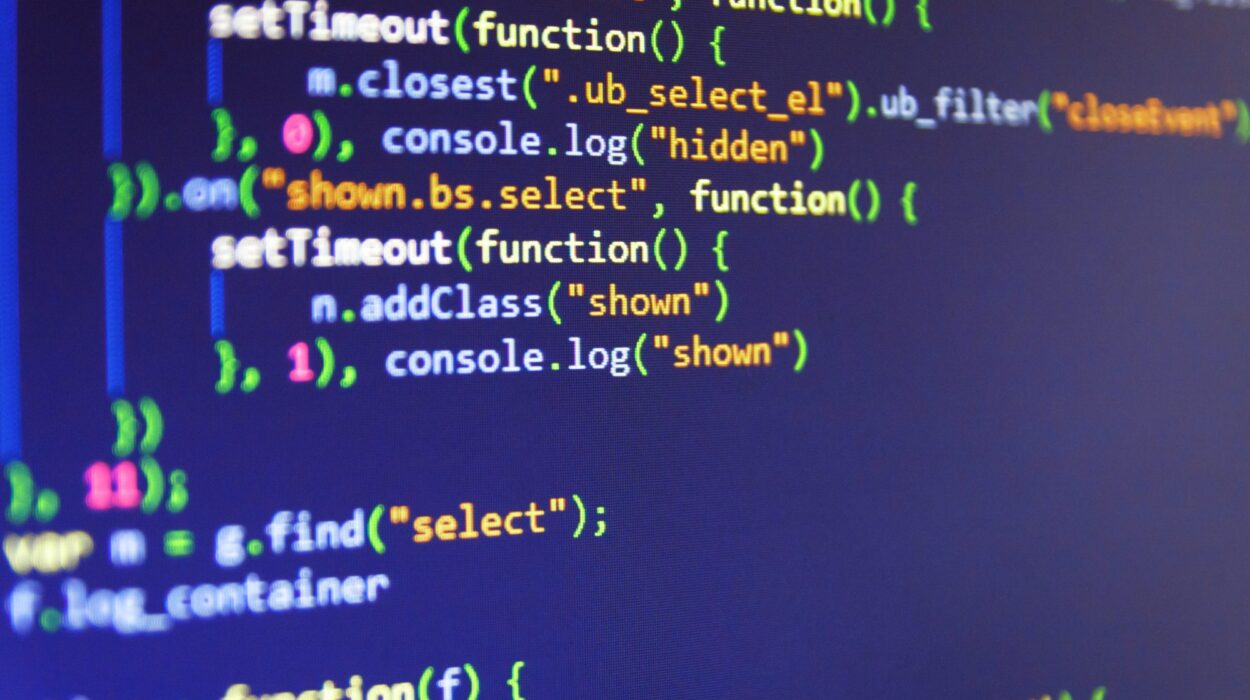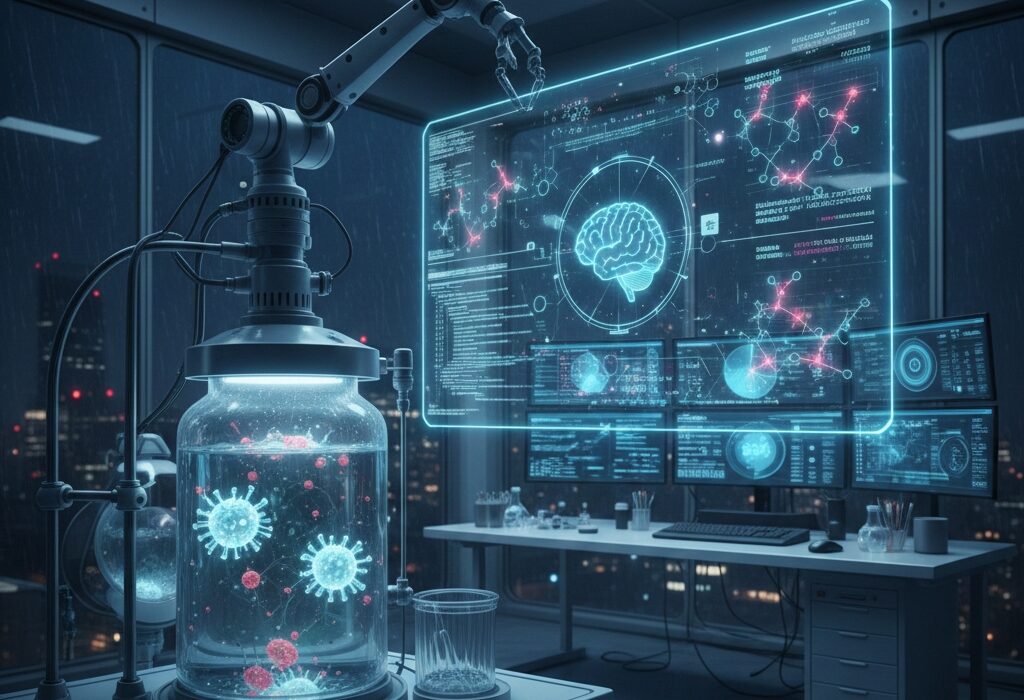For centuries, healers, shamans, and physicians alike have witnessed something astonishing: people sometimes recover not because of the medicine they receive but because they believe they are being treated. A sugar pill, a saline injection, or even a fake surgery can lead to real relief from pain, depression, or illness. This is the power of the placebo effect—a phenomenon so strange and yet so consistently observed that it challenges the very boundary between mind and body.
The placebo effect is not simply “imaginary healing.” It is a profound demonstration of the body’s ability to respond to belief, expectation, and meaning. When we believe we are healing, our brains can release chemicals, activate pathways, and rewire systems in ways that mimic or even amplify the effects of drugs. This is not magic but biology—an extraordinary interplay of psychology and physiology. To understand placebo is to uncover the hidden healer within us all.
Ancient Roots of Belief
Long before the term “placebo” entered the scientific lexicon, human societies were already practicing forms of healing rooted in belief. Shamans in tribal cultures would perform elaborate rituals, often involving chants, herbs, or symbolic objects. Patients would tremble, convulse, or experience visions—and sometimes, against the odds, they recovered. Ancient Egyptians used amulets, Greeks turned to gods of healing, and medieval physicians prescribed remedies that often lacked active pharmacological power.
Were these practices merely superstition? From a modern perspective, many lacked scientific validity, yet their effects were undeniable. People felt relief, wounds healed, and illnesses subsided. The rituals gave meaning, instilled hope, and activated the body’s natural capacity to restore balance. Placebo, in essence, has always been with us—woven into the very fabric of healing traditions.
The Birth of Scientific Placebo
The term “placebo” comes from the Latin phrase meaning “I shall please.” In the 18th and 19th centuries, physicians used the word to describe treatments given more to comfort than to cure. These were medicines prescribed not for their pharmacological effect but to satisfy the patient’s expectation that “something must be done.”
It was only in the 20th century, however, that placebo took on its modern scientific role. When randomized controlled trials were developed, researchers needed a way to test whether a new treatment truly worked or whether improvement was simply due to expectation. Placebo pills or injections became the control group—the baseline against which real drugs were measured. To the surprise of many, placebos often produced striking effects on their own. Patients receiving fake treatments frequently reported relief, improved mood, and even measurable physiological changes.
The placebo, once dismissed as a nuisance in experiments, became recognized as one of the most fascinating phenomena in medicine. It revealed that the mind was not a passive observer of illness but an active force in healing.
The Brain’s Chemical Alchemy
How can mere belief alter the body? The answer lies in the brain’s astonishing ability to transform expectation into chemistry. Placebos are not inert once swallowed or injected; they trigger cascades of biological responses.
When a patient believes a pill will relieve pain, the brain releases endorphins—natural opioids that reduce discomfort. Brain imaging studies show activation in areas such as the prefrontal cortex and the anterior cingulate cortex, regions involved in expectation and emotional regulation. Dopamine, the neurotransmitter associated with reward, surges in response to anticipated healing, enhancing motivation and reinforcing the belief that recovery is possible.
In conditions like Parkinson’s disease, where dopamine plays a critical role, placebo treatments have been shown to increase dopamine release in the brain, temporarily improving motor function. In depression, belief in treatment can spark serotonin-related changes, alleviating symptoms even without active medication.
This is the true power of placebo: belief is translated into biology. The mind, far from being separate from the body, speaks directly to it through chemical messengers, reshaping physiology in ways that mirror the effects of drugs.
Pain, Belief, and the Mind’s Gatekeepers
Pain is one of the most well-studied arenas of placebo power. Pain is not a simple signal from body to brain; it is a perception shaped by context, expectation, and emotion. Placebos alter this perception by modulating neural pathways.
The spinal cord itself has “gates” that can amplify or dampen incoming pain signals. Belief in pain relief can close these gates, reducing the transmission of pain messages to the brain. Functional MRI scans show that placebo analgesia activates the brain’s descending pain-control system, a network that suppresses pain much like morphine does. In clinical trials, patients given inert pills have sometimes experienced reductions in pain comparable to those produced by strong opioids.
The placebo effect in pain demonstrates the profound truth: suffering is not merely a mechanical process but an experience sculpted by the mind. And when the mind expects relief, the body obliges.
Beyond Pills: Placebo Surgeries and Treatments
If placebos work through belief, does the form matter? The answer is yes. The more dramatic or invasive the ritual, the stronger the placebo effect can be.
In the late 20th century, sham surgeries shocked the medical world. Patients with knee pain underwent procedures where incisions were made, but no actual repair was performed. Astonishingly, many reported significant pain relief and improved function afterward. Their belief in the surgery—and the elaborate ritual of the operating room—was enough to trigger real healing responses.
Similar effects have been seen in treatments for angina, back pain, and even neurological conditions. Placebos administered via injections often produce stronger results than pills, and elaborate medical rituals often outshine simple interventions. This highlights a deep truth about human psychology: healing is not only about the chemical content of a treatment but also about the meaning it conveys.
Nocebo: The Dark Side of Belief
The power of belief cuts both ways. Just as positive expectation can trigger healing, negative expectation can cause harm. This is the nocebo effect, where patients experience side effects, illness, or worsening symptoms simply because they expect them.
If a patient is warned that a drug may cause nausea, they are more likely to feel nauseated—even if given a harmless placebo. In clinical trials, large percentages of participants in placebo groups report side effects identical to those of the actual medication. Fear, doubt, and mistrust can turn belief into poison.
The nocebo effect reminds us that words and expectations carry immense weight. A careless warning, a pessimistic diagnosis, or a fearful outlook can sow seeds of real suffering in the body. Just as hope can heal, despair can wound.
The Ethics of Placebo
The extraordinary power of placebo raises complex ethical questions. If belief itself can heal, should doctors prescribe placebos knowingly? Is it ethical to deceive patients for the sake of their well-being?
For decades, the assumption was that placebos worked only if patients were unaware. Yet recent studies have shown something remarkable: even “open-label placebos,” where patients are told they are receiving an inert pill, can still produce benefits. The act of ritual, the context of care, and the authority of the medical environment may still activate the brain’s healing circuits.
This finding offers a new vision of placebo not as deception but as empowerment. It suggests that harnessing belief, trust, and ritual in medicine does not require dishonesty. Instead, it invites physicians to recognize the inseparable role of meaning and expectation in healing.
The Placebo Personality
Do some people respond more strongly to placebos than others? Research suggests that personality traits, genetics, and past experiences all play a role. Optimists, those who trust authority, and individuals who are more suggestible may be more responsive. Certain genetic variants affecting dopamine and opioid receptors also appear to influence placebo responsiveness.
Yet placebo is not merely about gullibility or weakness. It reflects the brain’s natural adaptability—its ability to predict, anticipate, and prepare the body for expected outcomes. In this sense, everyone possesses placebo potential, though expressed in unique ways.
Placebo in Modern Medicine
The placebo effect, once seen as an obstacle in drug trials, is now being re-examined as a therapeutic tool in its own right. Pain clinics, psychotherapy, and integrative medicine all acknowledge that patient expectation and context matter as much as the pill itself.
Even in high-tech modern medicine, placebo plays a hidden role. The design of pills, the color of capsules, the authority of the doctor’s words, and the environment of the clinic all influence patient outcomes. Red pills often stimulate, blue pills often calm—cultural and psychological cues shape how treatments are experienced.
This understanding challenges a purely mechanistic view of medicine. Healing is not only about molecules; it is about meaning. The patient’s mind is always part of the treatment.
The Future of Harnessing Belief
Where does the future of placebo science lead? Researchers envision new ways to integrate the power of belief into mainstream medicine. Personalized approaches may one day measure an individual’s placebo responsiveness and tailor treatments accordingly. Doctors may be trained not only in pharmacology but in the art of communication, expectation, and ritual.
Some even imagine treatments that combine minimal drug doses with maximized placebo response, reducing side effects while retaining effectiveness. By weaving belief into therapy, medicine could become more holistic, more humane, and more powerful.
The Human Story of Healing
The placebo effect ultimately tells a story far larger than science alone. It is the story of how meaning, trust, and hope shape our experience of illness and recovery. It reminds us that healing is never just about biology; it is about the whole human being—the mind, the body, and the story we tell ourselves about what is possible.
When a patient swallows a sugar pill and feels relief, when pain diminishes after a sham surgery, or when symptoms fade because of faith in a healer, we glimpse a deeper truth: the body is not a passive machine but an intelligent system wired to respond to belief.
The placebo is not a trick. It is a mirror reflecting our own potential to heal, a reminder that within us lies a mysterious power waiting to be awakened. It tells us that while medicine is essential, so too is meaning. While drugs can cure, belief can transform.
The Placebo Revolution
As science continues to unravel the mechanisms of placebo, we stand at the edge of a revolution in how we think about health. The strict boundary between mind and body is dissolving. Belief, expectation, and perception are emerging as forces as real as chemicals and cells.
This revolution invites us to reclaim something ancient yet newly validated: healing begins not only with medicine but with meaning. Every pill, every surgery, every word of reassurance carries two ingredients—the pharmacological and the psychological. To ignore the latter is to miss half the story of medicine.
Albert Einstein once said, “Reality is merely an illusion, albeit a very persistent one.” In the case of placebo, illusion becomes reality. Belief becomes biology. The mind whispers, and the body listens.
In this profound dialogue between mind and flesh, we find perhaps the most important truth: that within us all lies a healer, waiting to be awakened by hope, trust, and belief. The placebo effect is not a weakness of human psychology; it is a testament to the extraordinary resilience of human life. It is the living proof that belief, when nurtured, can rewire the body—and that sometimes, healing begins with hope itself.






